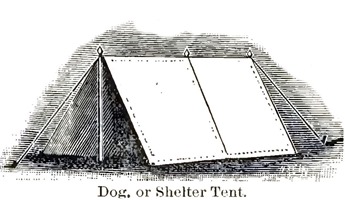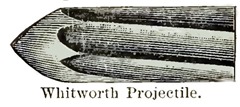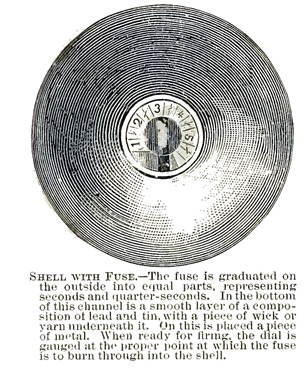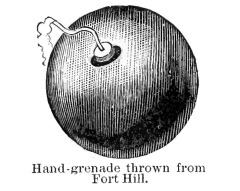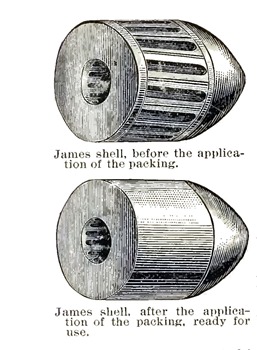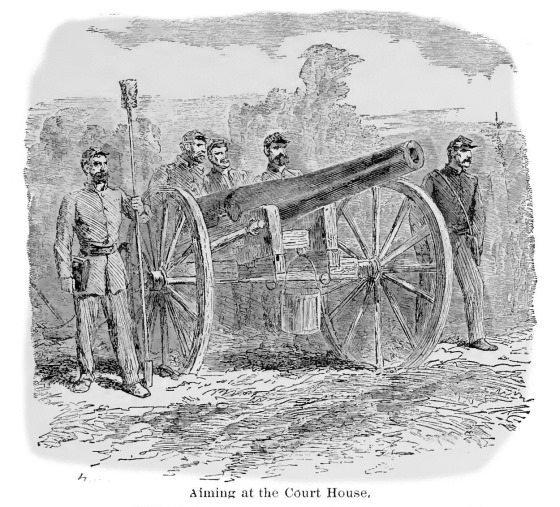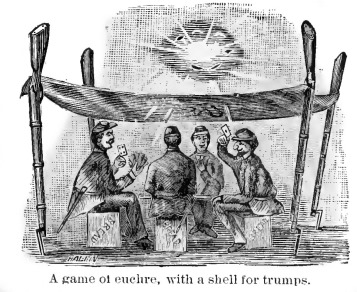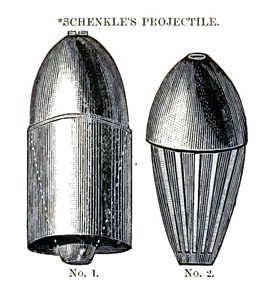JUNE 24TH.— Awaiting orders to march is as tiresome as waiting at a station for a train. We were ready for marching orders again this morning, but failed to get them.
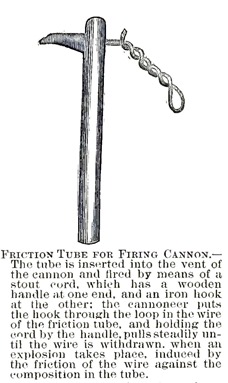 The weather is hot. Some of the rebel prisoners have said we could not stand this heat, but I guess the Yanks can stand it if they can, and if it should actually get too hot, we will just cool their country off. The nights are pleasant enough and we are thankful for the comfort of the sleep which they allow us. We have a chance out here to forage a little, and though but little, any change from army rations becomes agreeable.
The weather is hot. Some of the rebel prisoners have said we could not stand this heat, but I guess the Yanks can stand it if they can, and if it should actually get too hot, we will just cool their country off. The nights are pleasant enough and we are thankful for the comfort of the sleep which they allow us. We have a chance out here to forage a little, and though but little, any change from army rations becomes agreeable.
It is amazing what progress soldiers make in foraging. They began committing such depredations as to cause an order on the subject to be issued, and on the eighth of May last the commanding General required a general order, prohibiting foraging, to be read throughout the army five times a day. Not long after that, two soldiers of the 13th corps were arrested and brought before General A. J. Smith, at his headquarters in a fine grove of stately poplars, where the General was informed by the guard that the men had been caught in the act of stealing chickens. The gallant General appeared to be revolving the heinousness of the charge as he looked aloft among the poplars, and presently the guard inquired what should be done with the men, when the General, after another glance upward, turning to the guard, replied, “O, damn ‘em, let ‘em go. There ain’t any tree here high enough to hang ‘em on.”

